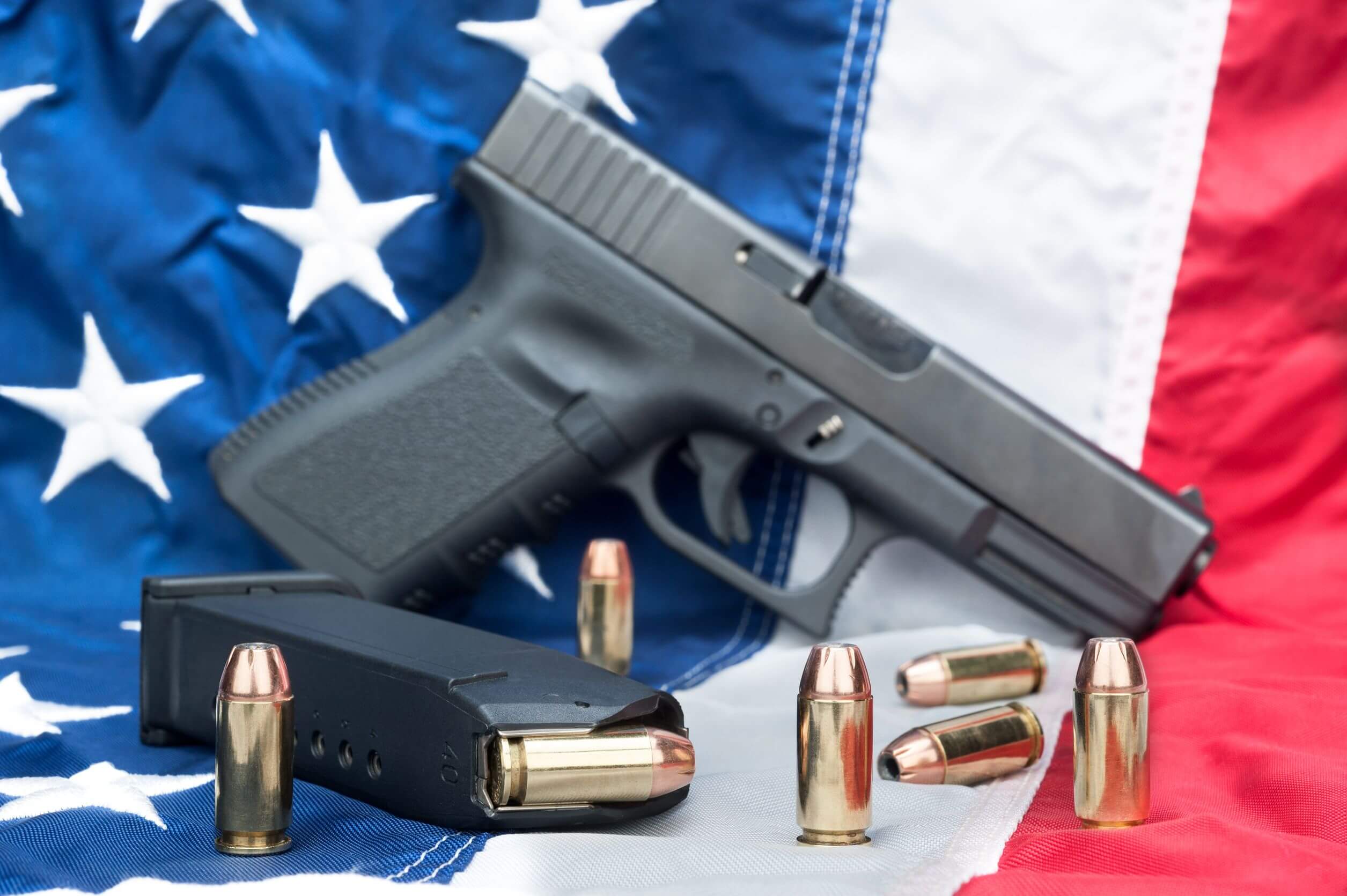
Recently in Irving, Texas, a man allegedly entered a check cashing establishment in an attempted robbery. Instead of simply robbing the place, the man allegedly took a female employee hostage and held her at gunpoint. Dramatic video shows the police in a standoff with the suspect who appears to be holding a woman with his arm wrapped around her neck. The video, captured by a man who used his cell phone to film the incident, shows the suspect turn to his left. When he turns, he keeps the hostage in front of him. Turning was the fatal mistake. An officer discharged his duty weapon in the use of deadly force immediately when the hostage was not in the line of fire. The officer fired one time and the single shot instantly killed the suspect. The hostage was freed unharmed. What if the person who fired the fatal shot was not a police officer? Would he face a murder prosecution?
Texas law permits a person to defend himself. The law, however, does not permit self-defense in every circumstance. For instance, verbal provocation alone is not enough to justify application of force against another. A person is allowed to use self-defense if the person reasonably believes that he is defending himself against the unlawful use of force against him. The person may defend when it is “immediately necessary” to do so. The defender may also use the amount of force necessary to defeat the threat. Texas law presumes the person was acting reasonably in several circumstances. Those circumstances include when the person against whom force was applied was unlawfully using force or threatened force
[emptylist]
- to enter a person’s home, car, or place of employment, if then occupied;
- to forcibly remove or attempt to remove a person from their home, car, or place of employment; or
- was committing or was about to commit a serious felony, such as murder, robbery, sexual assault, or kidnapping.
[/emptylist]
Self-defense is not available to the person using force in certain situations. For instance, a person may not defend himself from verbal provocation. The person may not resort to self-defense if he has provoked the encountered himself unless he clearly abandons or withdraws from the encounter.
Justification for the use of deadly force has additional considerations. To be justified in using deadly force to defend oneself, the person must be permitted to defend himself, as described above, and the reasonable person would not have retreated. The person using deadly force must also reasonably believe that the use of deadly force is immediately necessary because the person is facing a threat of deadly force.
A person may legally use deadly force to protect another, as well. In that situation, a person is justified using deadly force if the third person is justified in using deadly force to defendant himself. There is an additional requirement. The person resorting to deadly force must reasonably believe his “intervention is immediately necessary.”
The issue of self-defense or defense of another is usually decided at trial. An accused can ask for a jury instruction on self-defense or defense of another if there is any evidence of self-defense that comes out at trial. The judge must give the instruction if there is any evidence of self-defense, if the evidence is weak or the judge does not find the claim credible.
Protect Your Rights
Just because you claim self-defense, the government may bring you to trial and let a jury decide if your self-defense claim is valid. Fort Worth defense attorney Brandon Fulgham has the trial experience to defend you if you used force against another to defend yourself or someone else. Call Attorney Brandon Fulgham at 817-877-3030 to schedule your free consultation and begin mounting your successful defense today.